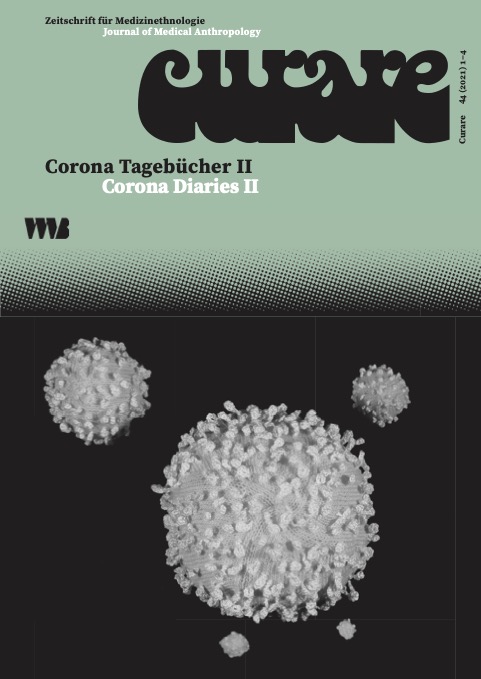Two Faces of the Covid-19 Pandemic in Ecuador
Waorani Egalitarian Health Responses in the Light of National Public Health Inequalities
DOI:
https://doi.org/10.60837/curare.v44i1-4.1566Abstract
This paper reviews notes taken during the first months of the COVID-19 pandemic. It offers a contrast between early reactions and public health measures in urban areas of Ecuador, as opposed to the Ecuadorian Amazon, in particular the Waorani territory where most notes were written. The Waorani people remained in relative isolation until few decades ago, and still have families that refuse any peaceful contact with outsiders; the process of contact for the Waorani, as for other Amazonian people also meant dealing with several epidemics and territorial pressures. It is in this historical context that COVID-19 reached the forest; colonial history, and modern-day quasi-colonial relations between the state and indigenous people meaning that most diseases and deaths among indigenous people have not been acknowledged by the government. This silence contributes to inequality in health outcomes.
Downloads
Veröffentlicht
Ausgabe
Rubrik
Lizenz
Copyright (c) 2024 Curare. Zeitschrift für Medizinethnologie

Dieses Werk steht unter der Lizenz Creative Commons Namensnennung - Weitergabe unter gleichen Bedingungen 4.0 International.

